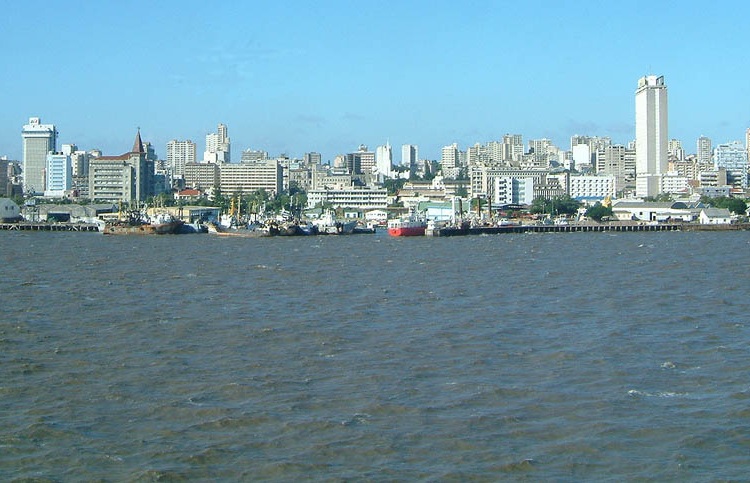The Diplomat
The Spanish Agency for International Development Cooperation (AECID) has approved a grant of 1,305,000 euros for a UN-Habitat project to promote sustainable mobility in the Maputo Metropolitan Area in Mozambique.
The objective of the project Promoting Climate Action through an Inclusive, Integrated and Sustainable Mobility System in the Maputo Metropolitan Area is to foster the commitment of local authorities to climate action by supporting the creation of a sustainable urban mobility system in the Maputo Metropolitan Area within a framework of strengthened metropolitan governance, AECID said in a press release.
Besides, the project is part of the Multiactor Program Climate Change Mitigation through an Inclusive and Sustainable Mobility Model in the Metropolitan Area of Maputo, funded and coordinated by AECID in the framework of the Covenant of Mayors for Sub-Saharan Africa and implemented by various partners, including the Maputo Metropolitan Agency (AMT) and UN-Habitat in collaboration with the local municipalities of the Metropolitan Area of Maputo. The Covenant of Mayors in Sub-Saharan Africa (CoM SSA) is an initiative founded by the European Union to support cities in Sub-Saharan Africa in their fight against climate change, through a voluntary commitment.
According to AECID, the world now has, for the first time in its history, more people living in cities than in rural areas. More than 55% of the world’s population lives in cities and urban settlements and this figure will grow to 70% by 2050. Metropolitan areas are home to 41% of the urban population. In sub-Saharan Africa, the trend of conurbation is even more evident due to increasing levels of urbanization and population growth in metropolitan areas.
In the case of Mozambique, the city of Maputo forms a conurbation with the municipalities of Boane and Matola and the district of Marracuene. Like other African cities, such as Dakar, Luanda, Lagos and Dar es Salaam, Maputo is facing accelerated urbanization. The Maputo Metropolitan Area alone is home to 2.5 million people in an area of 2,000 square kilometers, half a million more people than estimated in the last population census of 2017.
Unsustainable land use in the Maputo metropolitan area creates several challenges for urban dwellers and policymakers, according to AECID. Long commutes from home to work, limited access to services and infrastructure, increased vulnerability to the effects of climate change, lack of adequate housing opportunities, road safety, and the mobility needs of women and other vulnerable groups are just some of the main concerns in these urban areas. In addition, the environmental, social and economic interrelationships between Maputo City and the surrounding municipalities and districts require joint and integrated management.






